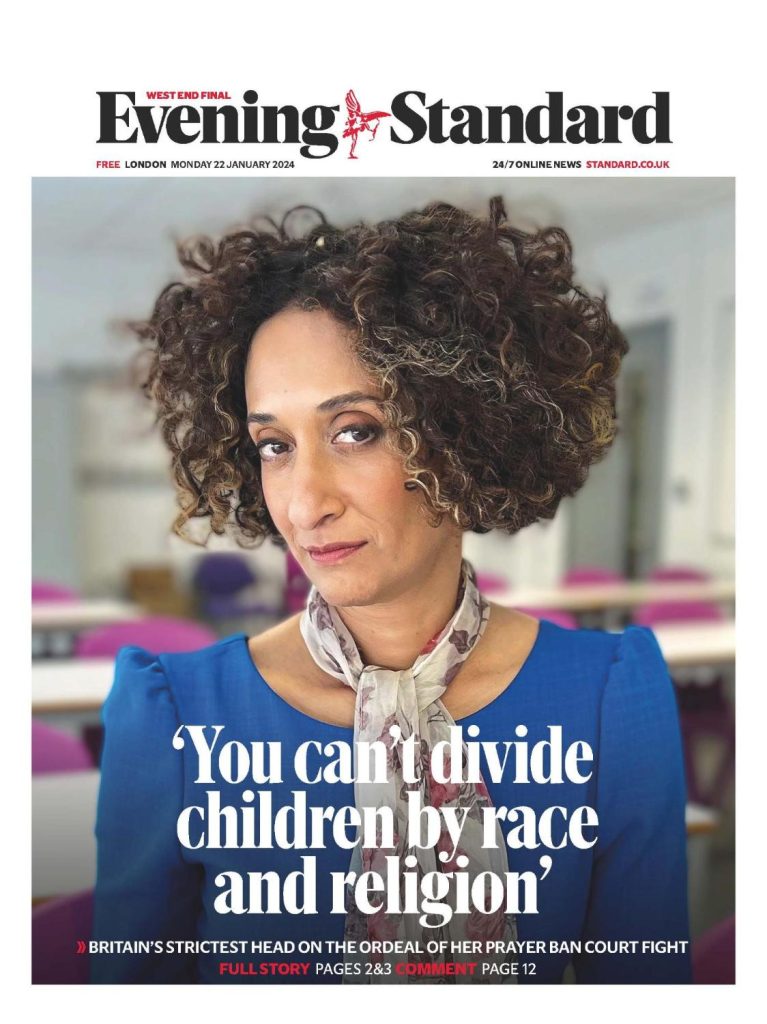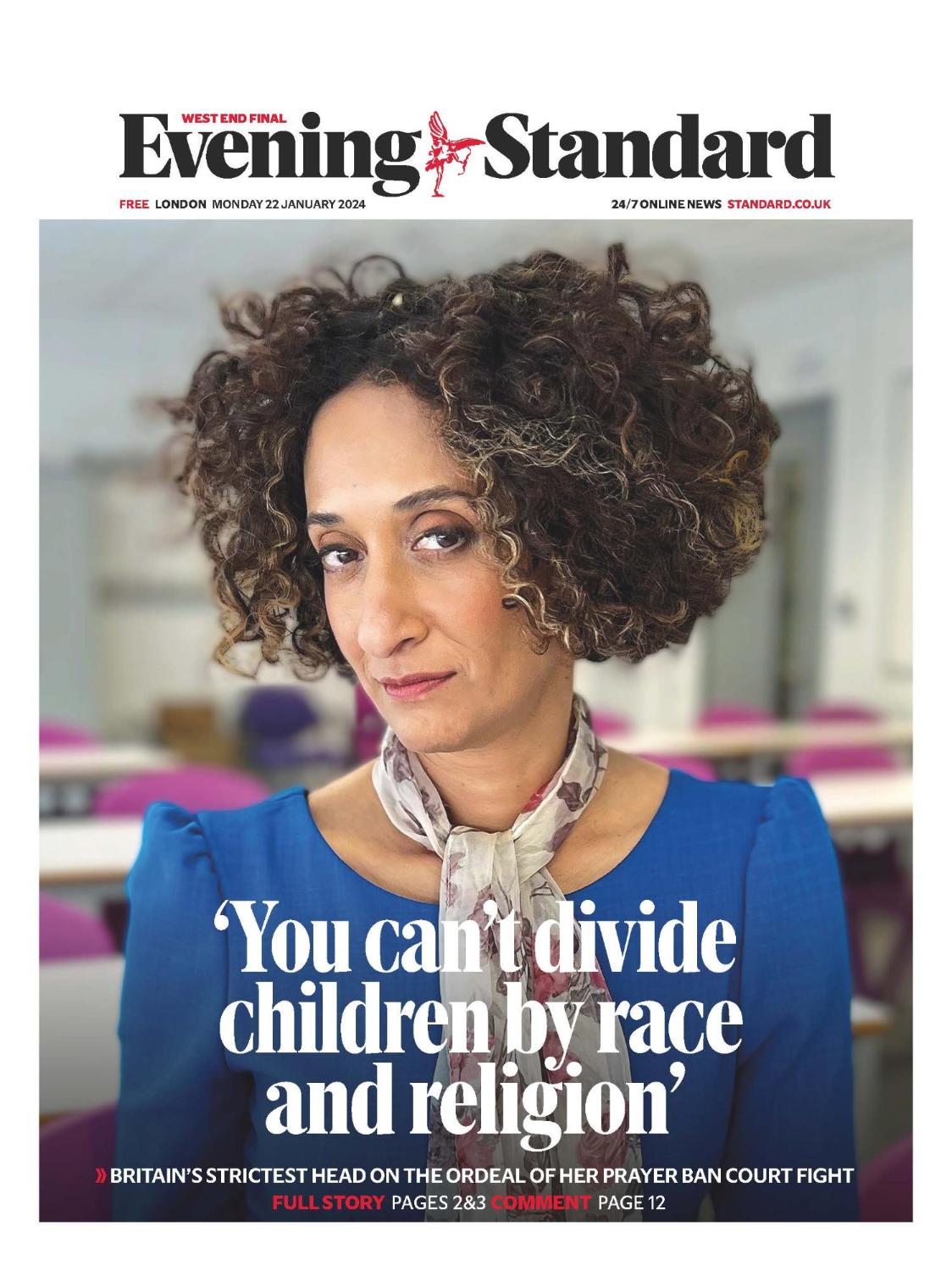As the Second World War came to an end, Parliament passed the Education Act 1944. Every child was to be provided with a longer, if not a higher, education. Secondary school, which beforehand was a motley mix of policies that left behind children in their tens of thousands, became the expectation, then the norm. In 1950, only 30% of fifteen year olds were in full-time education, while by 2010, every fifteen-year-old was in education, and over 88% of sixteen-year-olds.
What local authorities are not expected to do is to provide pupils with the luxury of choice. Secondary schools have their catchment areas, drawn to cover the local authority, and ensuring every child is offered a school is enough. For most pupils, this means you have to like it or lump it. Unless you are bright enough to pass the 11+ and enter into the grammar system (a now almost extinct remnant confined to a few counties surrounding London), pious enough to be admitted to a faith school (with Roman Catholic schools often seen the primus inter partes), or wealthy enough to go private, you are given your school, and that is it. Once you finish year 6, come September, you move on to a blazer two sizes too big and to a school three times as far away.
In such a system, some always land on their feet. While the UK’s state-funded model nominally ensures the same funding for every pupil, there are inevitably the ‘good’ schools and the ‘bad’ schools. Aspirational parents analyse catchment areas, measure distances, and even file lawsuits in a bid to get their children into one of the former. Among these schools, the Michaela School in Brent, North London, stands alone. According to the value-added metric used to assess school performance, Progress 8, Michaela scored 2.28 in 2022. This translates to each student achieving more than two grades higher at GCSE than they would at an average school. No other school in the country comes close. When you consider that the school is based in one of London’s most deprived boroughs, with over a quarter of its students eligible for free school meals, these results are not impressive, but astonishing.
What comes with these results – and what may bring them so consistently – is a culture of absolute discipline. Hailed or decried as the country’s ‘strictest school’ – a label embraced by its headmistress, Katharine Birbalsingh – almost every moment of each student’s day is accounted for, including their ‘free’ time. At times, the school’s methods verge on caricature. Before assembly, one of three ‘patriotic’ songs is sung (God Save the King, Jerusalem, and I Vow to Thee My Country), teachers command control through the click of fingers and the catchword ‘tracking’, and poetry is chanted before lunch. Poems are chosen ‘for their emphasis on resilience and responsibility for one’s own actions’.
From my experience of classroom teaching, this level of control is remarkable, bordering on concerning. If I was able to control a class of thirteen-year-olds with a snap of my fingers, I don’t know if I would see it as a sign of domination, respect, or fear. Reading descriptions of the school often gives the impression of classes of automatons rather than free-thinkers, fed on a hagiographic diet that elevates imperial voices like Kipling and Churchill, figures otherwise out of fashion in contemporary Britain.
Yet there is a clear method to what is easy to mock as madness. Birbalsingh’s ambition is to inculcate among her pupils a shared sense of community, and to do this, chooses a philosophy which is surprisingly communitarian for an icon of the Tory right. She seeks to improve each class as a collective, creating a ‘cohesive and supportive environment within a form…than to focus solely on developing…individual strengths and improving…individual weaknesses’. In a diverse community like Brent, where students come from different cultures and races, and worship different gods, emphasising their shared Britishness may be the best, if not the only, way of fostering a cohesive, communal identity.
Putting forward a more nuanced (and so more critical) view of Britain might be more in-keeping with modern liberal sensibilities, but what the school would gain in nuance it would lose in community. No one supports the lily-livered and mild-mannered. Manchester City fans may now be able to sing that they are the ‘best team in the land and all the world’ and point to their trophy cabinet as evidence, but they were singing the same song when the club was languishing in Division Two.
This dedication to a shared community was core to a recent challenge on the school’s policy in the High Court. The case before HHJ Linden concerned a Muslim student who wished to perform the Islamic noonday prayers, Duhr, during her free time at lunch. While the school had initially accommodated her, it had riven the student body. Students were pressured into performing the prayers by some of their peers, and the classes had begun to segregate themselves by faith. The community that Michaela sought to nurture was unable to accommodate the divisive character of religion. In response to this growing division, Birbalsingh and the governors decided to ban prayer rituals during the school day. Muslim pupils, including the claimant (anonymised as TTT) were instead expected to perform Qada, a practice that allows Muslims to make up for missed prayers.
HHJ Linden upheld the ban, and was right to do so. But where he erred was in concluding that the ban did not interfere in the students’ right to believe in and practise her religion. Within his judgment, much was made of the fact that the student in question had a choice. She could attend Michaela, with its attendant restrictions on prayer, or she could choose another school that would accommodate her desire to pray. Not only is this absurd given the realities of the UK state education system, but it puts the student in a dilemma masquerading as choice. Does she choose the school that will help her fulfil her potential, or does she accept the strictures of her faith?
This may be a necessary choice for a religious-minded student to have to make, but it is wrong to assert that posing it does not interfere in her freedom of religion. She is free to practise her religion, but only if she accepts the life-changing consequences that may flow from it. It is not as if she was asking for Michaela to upend its methods and offer madrasa-style education. All she wanted was five minutes to pray in a quiet room.
What HHJ Lindon should have focused on (and did, admittedly, go on to also consider) was whether the interference in her religious practice was justified and proportionate. On this, the school’s absolute prohibition might seem excessive, but not unjustifiably so. The evidence given to the court showed how the school had attempted to accommodate the student. While prayer has always been permitted at the school, there are no designated formal rooms or a chapel, and the school is open about this and its secularity during open days.
Given this, and given Michaela’s absolute approach to discipline, an all-encompassing ban on prayer rituals may be, if not necessary, desirable. Even if steps were taken to ensure that Muslim pupils were not peer-pressured into prayer, and that only those who freely chose to would do so, this still had fractured the student body. As HHJ Linden observed, ‘prayer rituals would serve to emphasise their religious difference’ and maintaining an absolute ban ‘is a way of protecting and promoting the ethos of the School’.
Nothing binds people together like religion. A shared belief in the paradise of a higher power, and in the way to get there, compels miracles and atrocities. But the religious cords that bind people together leave others outside its thorned embrace. In Terry Eagleton’s winter lecture for the London Review of Books, he observes that while nationalism may be ‘the most successful revolutionary movement of the modern age’ that ‘no symbolic system in history has been able to rival religious faith’. As Michaela has discovered, faith conquers all, including community. Banning religion’s most public rituals from the playground is not an option, but a tragic necessity.








